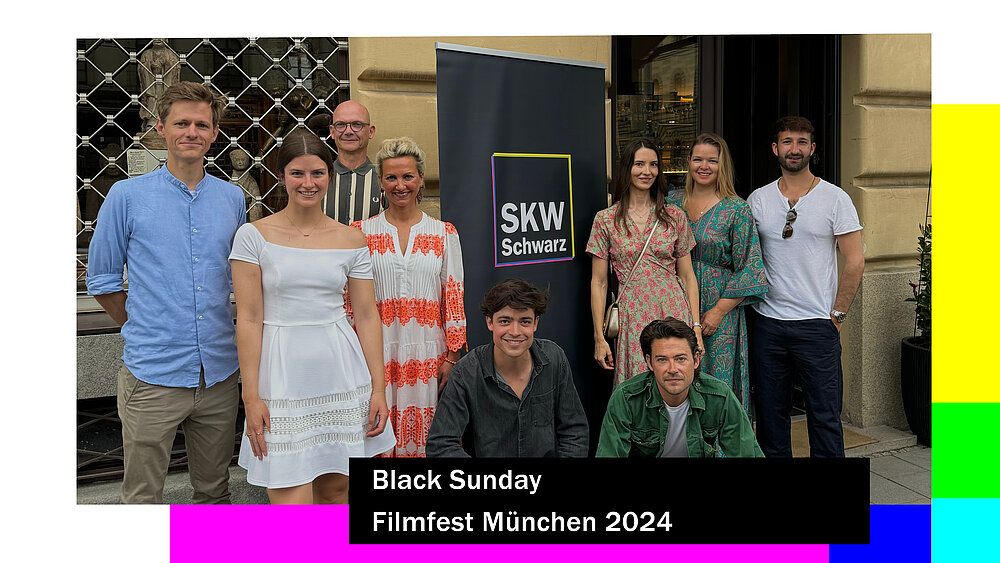The Federal Court of Justice has ruled (link) that photographs and video recordings of a purchased photo wallpaper may be made and posted on the Internet if no express reservation of rights has been declared by the entitled party. Does this mean that rights clearance for TV programs and films with regard to everyday objects protected by copyright is no longer necessary?
The reproduction by taking photographs and video recordings in rooms decorated with photomurals and the posting of these photographs and videos on the Internet - both for private and commercial purposes - is common and is therefore within the scope of the contractual use of the photomurals that is foreseeable for the author.
An author who sells such a photo wallpaper must therefore expect such use and implicitly agrees to it if he does not agree any contractual restrictions on use as part of the sale and also indicates such restrictions - for example by attaching a copyright designation or a reservation of rights - in a way that is recognizable to third parties.
The use of everyday objects in TV programs and films must be viewed in a differentiated manner. Is it part of the foreseeable framework of contractual use that an object is used as a prop or backdrop for filming?
There are good reasons to assume this, at least for non-fictional documentaries. It is probably common for elements found during the filming of a documentary, such as furnishings, clothing of the interviewees, etc., to be filmed. If a right holder makes an everyday object freely available, it is probably in line with general life experience to assume that it is filmed by chance during filming and thus appears in audiovisual media.
This seems less clear when copyright-protected everyday objects are used deliberately and to create an atmosphere, e.g. for a film set. Is this still part of the usual use to be expected from the copyright holder? Despite the decision of the Federal Supreme Court, it would probably be risky to forego a rights clearance here.
A final clarification of these questions in individual cases will still have to be made.



